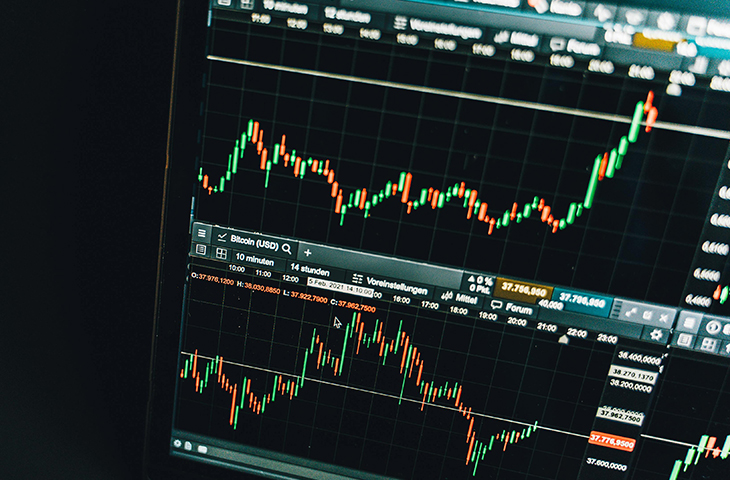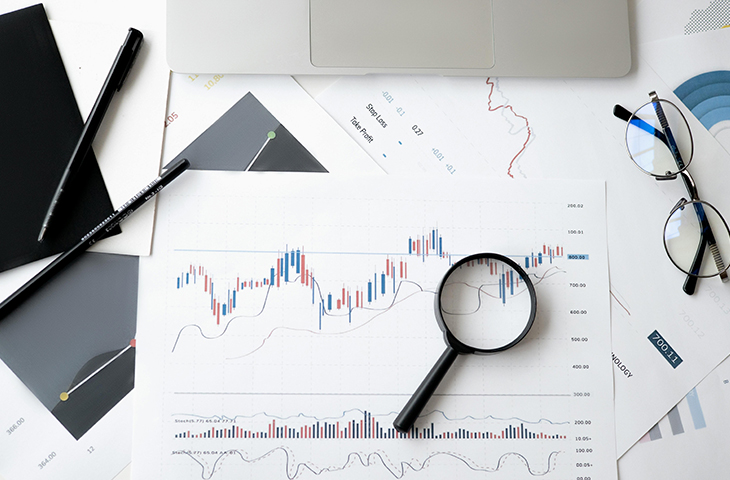Why Apple Stock Gained 30% Last Year

Based on nothing more than the numbers, shares of consumer-technology titan Apple (NASDAQ: AAPL) should have barely budged in 2024. The top line only improved to the tune of 2% for the fiscal year ending in September, while net income fell more than 3% year over year. Notably, sales of its breadwinning iPhone floundered as measured by revenue or by shipments of units, extending years' worth of lethargy.
Yet, there it is. Data from S&P Global Market Intelligence indicates Apple stock rallied 30% during the 12-month stretch ending in December, extending 2023's recovery from 2022's bear market lull. What gives?
Start Your Mornings Smarter! Wake up with Breakfast news in your inbox every market day. Sign Up For Free »
In simplest terms, the company's setting the stage for a (very) bright future.
A year of solid developmental progress
While it's not yet evident in its results, last year was a busy one for Apple's developers.
Take the introduction of Apple's next-generation artificial intelligence (AI)-powered digital assistant. Unveiled in June and then launched in October, Apple Intelligence puts the company in the thick of an AI race that's increasingly centered around handheld devices.
Consumer-facing tech isn't the only leap Apple made in 2024 that stoked investor interest, however. After several months of innuendo and speculation, it became much more certain in December that the company is indeed looking to develop a processor chip specifically for artificial intelligence data centers, a market where Apple doesn't presently have a presence to speak of.
Finally, it's worth adding that Apple continues to grow its services (apps and digital content) business, which boasts considerably higher profit margins than its hardware business does. Service revenue improved by nearly 13% last fiscal year, underscoring the perceived long-term potential of this arm.
None of these are earth-shaking bullish catalysts in and of themselves. All of them combined, however, were enough to maintain Apple's status as an investor favorite.
Plenty of growth drivers ready to roll
A 30% gain over the course of a single year is a tough act to follow, particularly when it follows a 46% advance from the year before. There's seemingly little room left for yet another year of similar gains.
This is Apple though, and an Apple with more prospective growth drivers at its disposal than it's had in several years.
That's not to suggest the company is on the verge of repeating the sort of explosive growth it experienced following the release of the very first iPhone back in 2007. That was a once-in-a-generation development. But this is the most promising Apple's been in quite some time, and it's entering an era of multiyear growth driven by multiple new profit centers with real marketability.
You could certainly do worse.
Don’t miss this second chance at a potentially lucrative opportunity
Ever feel like you missed the boat in buying the most successful stocks? Then you’ll want to hear this.
On rare occasions, our expert team of analysts issues a “Double Down” stock recommendation for companies that they think are about to pop. If you’re worried you’ve already missed your chance to invest, now is the best time to buy before it’s too late. And the numbers speak for themselves:
- Nvidia: if you invested $1,000 when we doubled down in 2009, you’d have $363,385!*
- Apple: if you invested $1,000 when we doubled down in 2008, you’d have $45,870!*
- Netflix: if you invested $1,000 when we doubled down in 2004, you’d have $474,140!*
Right now, we’re issuing “Double Down” alerts for three incredible companies, and there may not be another chance like this anytime soon.
*Stock Advisor returns as of January 6, 2025
James Brumley has no position in any of the stocks mentioned. The Motley Fool has positions in and recommends Apple. The Motley Fool has a disclosure policy.


